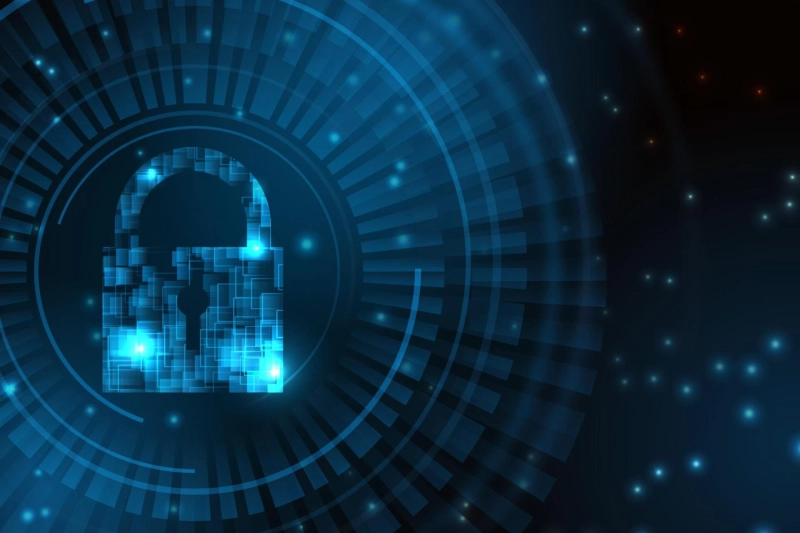CCTV cameras have become ubiquitous in modern society, installed in public spaces, businesses, and even private residences. While they serve the purpose of enhancing security, their widespread use raises important questions about privacy and ethics.
Invasion of Personal Privacy
One of the primary concerns surrounding CCTV surveillance is the invasion of personal privacy. These cameras constantly monitor public areas, capturing individuals\' activities without their consent. This constant surveillance can make people feel like their every move is being watched, leading to a sense of discomfort and unease.
Potential for Misuse
Another ethical issue is the potential for misuse of CCTV footage. In some cases, this footage has been used for purposes other than security, such as voyeurism or harassment. Unauthorized access to CCTV systems can also lead to privacy breaches, with sensitive information being exposed to malicious actors.
Lack of Transparency
There\'s often a lack of transparency regarding CCTV surveillance practices. Many individuals are unaware of where these cameras are located, who has access to the footage, and how long it is retained. This lack of transparency raises concerns about accountability and the protection of individuals\' rights.
Impact on Social Behavior
The presence of CCTV cameras can also influence social behavior. Knowing they are being watched may lead people to modify their actions, potentially affecting their freedom of expression and behavior in public spaces. This "panopticon effect" can have subtle but significant impacts on society\'s norms and interactions.
Legal and Regulatory Framework
Addressing these privacy and ethical concerns requires a robust legal and regulatory framework. Laws governing CCTV surveillance should clearly define where cameras can be installed, how footage can be used, and who has access to it. Additionally, there should be strict penalties for misuse or unauthorized access to CCTV systems.
Balancing Security and Privacy
Achieving a balance between security and privacy is essential. While CCTV surveillance can enhance public safety and deter criminal activity, it must be implemented responsibly and ethically. This includes conducting privacy impact assessments, ensuring data encryption and security measures, and regularly auditing surveillance practices.
Public Awareness and Education
Raising public awareness about CCTV surveillance and its implications is crucial. Educating individuals about their rights regarding privacy, informing them about the purpose and extent of surveillance in public spaces, and encouraging discussions about ethical considerations can empower people to advocate for their privacy rights.
The Role of Technology
Advancements in technology, such as facial recognition and artificial intelligence, further complicate the privacy and ethics debate surrounding CCTV surveillance. These technologies can enhance surveillance capabilities but also raise concerns about mass data collection, profiling, and potential misuse.
Conclusion
While CCTV surveillance plays a vital role in enhancing security, it also raises significant privacy and ethical concerns. Balancing the need for security with respect for individuals\' privacy rights requires careful consideration, transparency, and accountability. By fostering public dialogue, implementing robust regulations, and leveraging technology responsibly, we can navigate the complex landscape of CCTV surveillance in an ethical and responsible manner.
About Ash Code\'s CCTV Surveillance Solutions
Ash Code offers comprehensive CCTV surveillance solutions in Abu Dhabi, providing state-of-the-art cameras, secure installations, and ongoing support. With a focus on privacy protection and ethical practices, Ash Code ensures that CCTV surveillance is implemented responsibly, respecting individuals\' rights while enhancing security.


